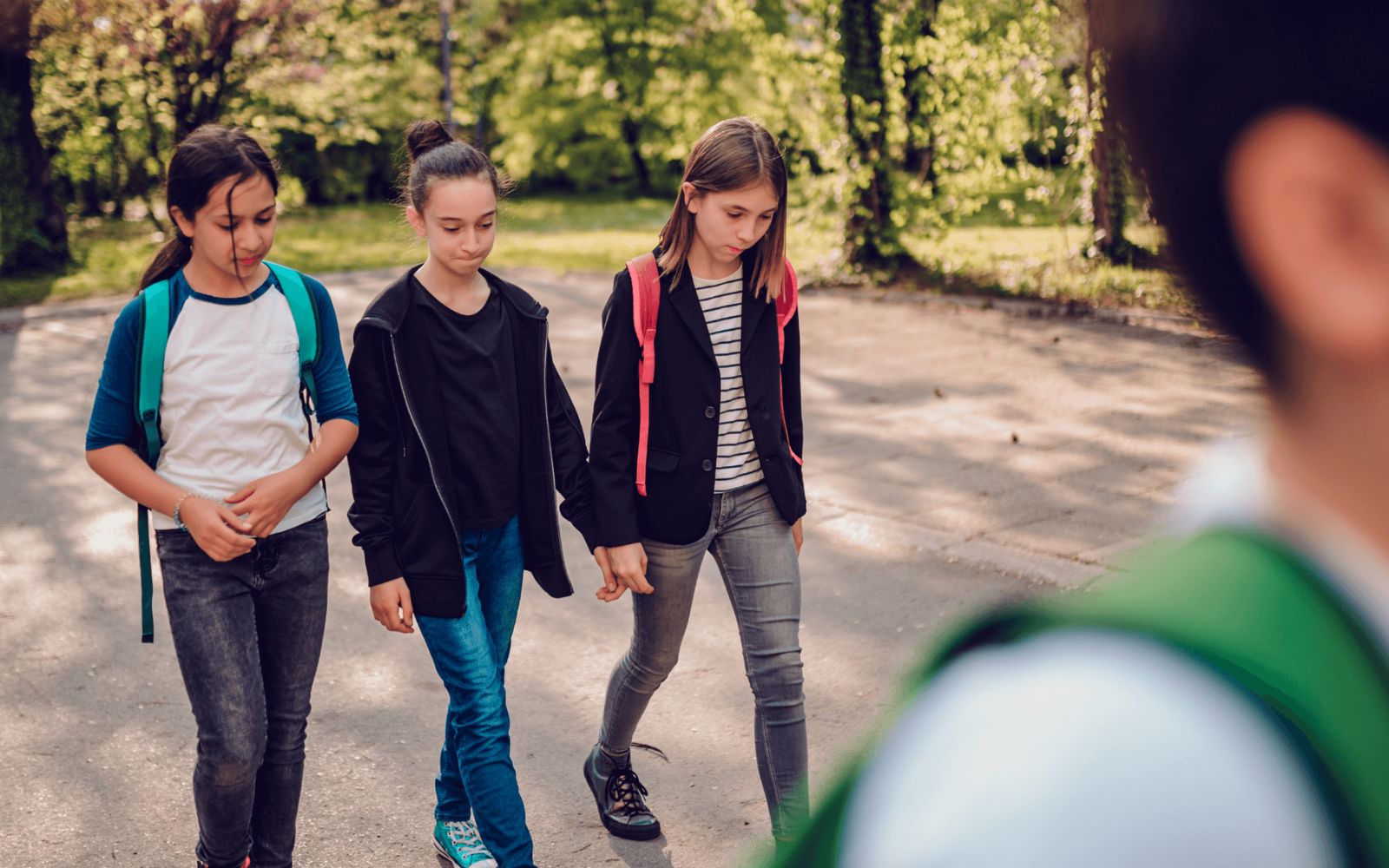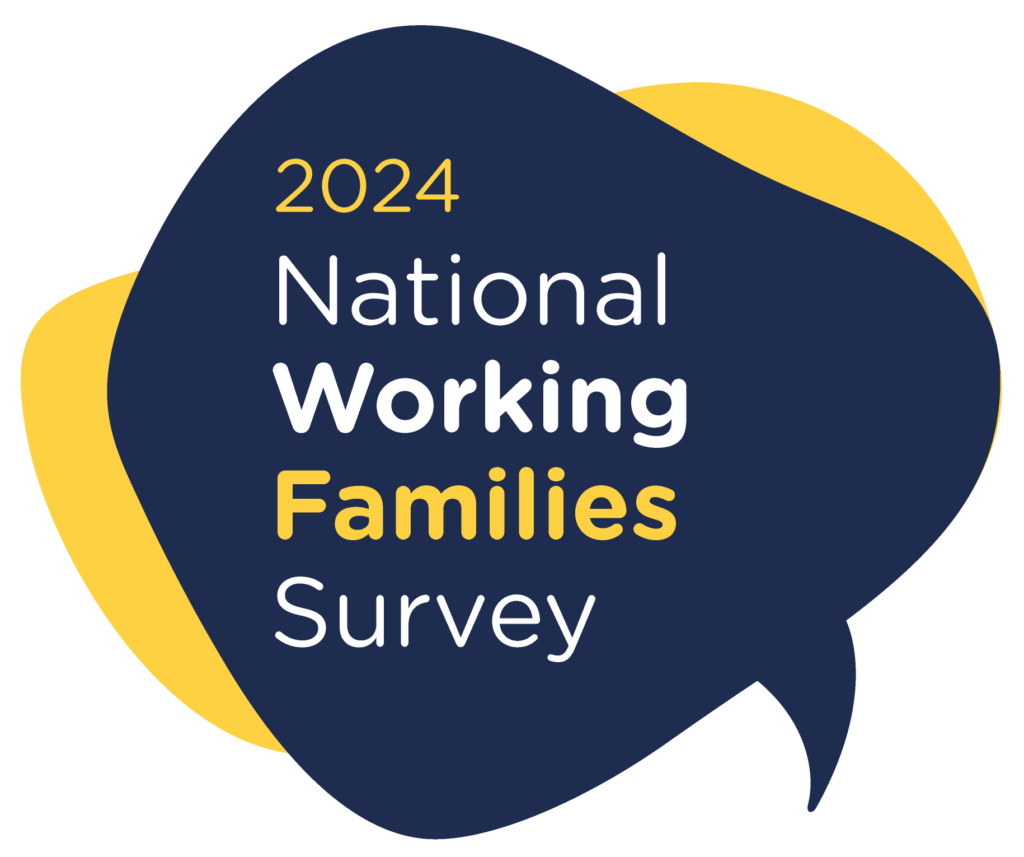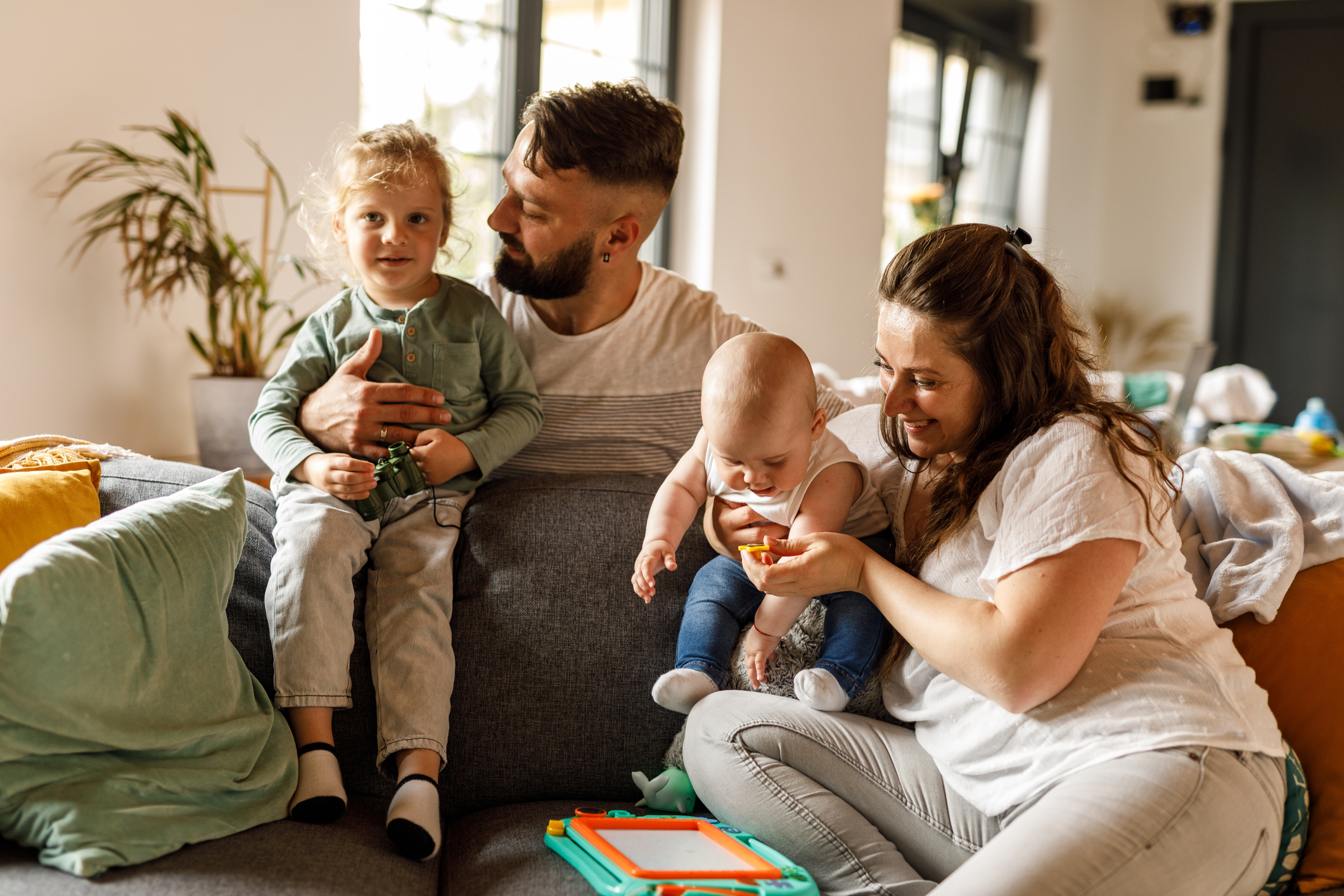With children returning to the classroom this month, and restrictions further easing, parents everywhere are asking the same questions.
Vijay Solanki, Co-Founder of ParentalEQ, an organisation that provides simplified psychology and expert support for parents & carers has had a 190 percent increase in calls and texts for help within the last month.
In this article, Vijay shares with parents and carers his advice on the 5 most common questions on many parents minds.
Q. I am pro vax so how do I navigate my children seeing friends outside of school who are also protected against covid.
Talk with your child about your own beliefs around covid. Have an honest conversation with them highlighting scientific facts so they understand the choices you have made for you and your family.
At the same time remind them to respect other people’s opinions. Communication is key and you will find your child will follow your guidance. In Israel and the US the vaccine issue is very contentious amongst parents resulting in those not vaccinated being alienated.
You may like to suggest an alternative to a physical meeting, like a video call or video games that allow interaction.
Q. With school returning to the classroom this month will my child be anxious?
It is different for every child. Some children may feel anxious about going back to school. Strangely, for all its challenges, lockdown has created a new routine and for many children, new comforts that come from being home-based for many many months.
Readjusting to school will take time and may be challenging. Ensure they feel supported and have some down time after school so they can switch off and have their own time. Other children may struggle with school work as they have fallen behind but they will catch up, perhaps with some support.
Worrying will only cause you anxiety as well for your child. Be positive and develop a plan to get through this together. Remember you are the role model for your child. A calm parent often means a calm child.
Don’t forget to run at a pace decided by your child and not you, when you discuss & navigate these topics.
Q. I feel like I’ve had less quality time with my child in lockdown even though we are together all the time. Why is this?
A breakdown in routine can lead to a breakdown in communication. Having a lot of time together is not necessarily being present.
Parents have been juggling work and online schooling so the usual banter between families to and from school or sport is lost. Even family meals together may have fallen by the wayside as parents and children are on different schedules. Studies show conflict between parents and children has increased during lockdown largely driven by the uncertainty of covid and the changing routines.
Children may feel like they are being ignored by their parents, not fully comprehending they are working from home. It’s important not to lose focus as a parent. Children are looking for quality time and not the quantity of time. Be present, listen actively, communicate clearly.
Q. At the start of lockdown my children were excited to go for walks and explore but now they are resisting. Their mood seems flat, What can I do?
There is something that’s called the lethargy cycle. As we get inactive, we have the tendency to keep inactive. Lockdown has not helped us to be particularly active, and we need to make an effort to break this cycle. So feeling flat, and not being willing to do things is a normal part of the process.
The best way to break the cycle is to actively make an effort to do things. Once you start doing things, then you want to do more. In this sense, the hardest part is to start. It is natural to lose interest in things that are repetitive, so try to come up with new ideas of things to do. Sometimes, it doesn’t need to be something physically active to start, could be something that is mentally challenging, a board game, playing cards, doing some art & crafts; anything that your child loves to do. All of that breaks the lethargy cycle. and then make it easier to do something a bit more challenging.
Experiment and use the time together to do new things and old things. You might surprise yourself. In our house, we’ve swung from the Occulus Quest to good old fashioned cards and, of course, the board game ‘Pandemic’. Although, these didn’t last long. Cards actually helped reconnect the family as did time outside.
Q. Screen-time – what do we do as we come out of lockdown?
Everyone in lockdown has been using a lot of screens – parents & children. The question is whether children will be relying on screens, when we move back to face to face learning.
Parents shouldn’t blame themselves for children on screens. Everyone is in survival mode during lockdown and it’s challenging. It’s all about what works in the circumstances.
This is a great opportunity to teach children about independence and self control.
Depending on their age, agree an amount of screen-time with them at the start of the week. How they use it is up to them. This teaches children to think about how they want to use their screen time and manage it for themselves.
If this is a big issue at home it’s important to involve the children, discuss some changes and involve them in the decision. It should lead to family discussions which help open communications and build stronger relationships.
Empower your children and trust them. It’s easier said than done. Give it your best shot. You got this.Vijay Solanki is the Co-founder of the ParentalEQ app which simplifies psychology for parents & provides expert support.
This article was originally published in Kidspot.com.au


